Palliative care and choice must be at the heart of the assisted dying debate | Letters
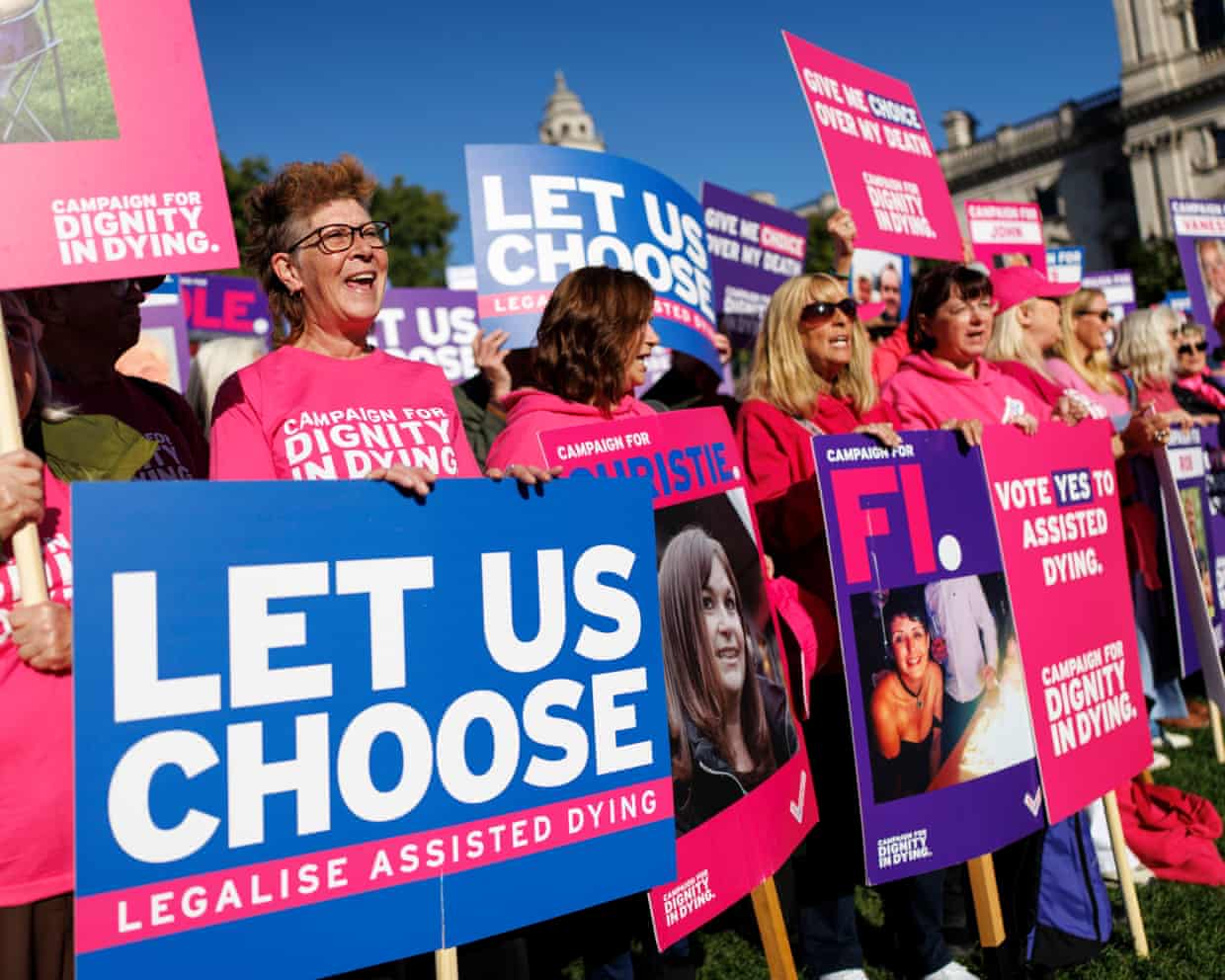
Rachel Clarke is right to highlight the pressures on palliative care, but wrong to suggest that assisted dying debates have sidelined these concerns (As a palliative care specialist, I’ve witnessed the human tragedy of our end-of-life care crisis, 10 November),In fact, the opposite is true,The CEO of Hospice UK, Toby Porter, has stated that the government’s £100m investment in hospices, announced last December, would probably not have materialised without the terminally ill adults bill,He recently told a special Lords select committee that the bill has sparked more conversation about end-of-life care than at any point in his long career,The health minister, Stephen Kinnock, similarly acknowledged that the bill has been a catalyst for long-overdue improvements in palliative care, rolling the pitch for another announcement in the coming weeks.
We know this has been the case around the world, as experts from the UK and Australia highlighted recently (Letters, 5 November).As a member of the aforementioned Lords committee, I can confirm that palliative care was at the heart of every session (the term was mentioned more than 280 times throughout our nine expert panels).Dr Clarke is correct that those on all sides of this debate acknowledge the need to improve access.However, in order to truly meet people’s needs, we must listen to terminally ill people and accept that no amount of such care will relieve all the suffering some sadly endure as they die.We need both care and choice – that is what this bill seeks to achieve.
Dianne HayterLabour, House of Lords Bravo, Rachel Clarke, for your timely exposure of the scandalous neglect of dying patients.Most people wish to die at home, but, as Clarke indicates, only a minority achieve their goal.There is a pressing need to provide appropriate palliative care for those dying at home, especially at night and the weekends, when most problems crop up.This requires both proper resources, as part of core NHS services, and a change in practice to facilitate home visiting by GPs.Research shows that one’s chance of being able to die at home is related to the number of times GPs carry out home visits in the terminal stages of a patient’s illness.
Patients want to be cared for by doctors they know and trust.Dr David JeffreyRetired palliative care consultant, West Malvern, Worcestershire The review of the financial sustainability of England’s adult hospice sector by the National Audit Office is timely, as is Rachel Clarke’s article, but neither point to a solution to providing a nationwide palliative care service.Perhaps the lack of a financial model is a wake-up call that we all need to hear.What was once wonderful, a service heavily reliant on charitable support, now hinders progress.Since the first modern hospice, St Christopher’s, opened in 1967, nearly 200 independent hospices, often with accompanying community and hospital services, have opened, but in a random fashion, resulting in, for example, patient bed availability ranging from one bed per 2,900 to one per 54,300.
Not exactly an equable service, and it is a postcode lottery.Palliative care and end-of-life care in the community has always been in the hands of generalists in primary care teams, but this has been almost annihilated by the introduction of out-of-hours teams.Primary care teams can no longer offer anything like a 24-hour service.It may not be a popular statement, but many are not capable of offering effective palliative care.Failure to operate a unified service obstructs the wishes of our patients to have effective palliative and end-of-life care in the place where they want it.
We have a lot to learn from our obstetric services.Babies are generally not born in A&E departments, medical or surgical wards or corridors.Nor should the dying die in these departments.Obstetrics is a unified service and is generally properly funded, but it was not always like that.Does the massive charitable support for palliative care hinder the development of such a service, and if it does, should it?Dr John Smith Retired consultant in palliative medicine, Barton Seagrave, Northamptonshire Rachel Clarke describes in vivid detail the many failures of our end-of-life care system.
But what she doesn’t acknowledge is that even the very best palliative care has limits.That’s precisely why assisted dying must be part of the conversation.My mother died from metastatic brain cancer in 2024.She had access to what professionals described as excellent palliative support.But for 10 days, I watched her suffer in profound distress.
She screamed, cried and repeatedly begged to be allowed to die,Despite all the care, the drugs and the expertise, her final days were filled with trauma and desperation, not peace,The lesson I took from this wasn’t that palliative care isn’t important – it’s that it’s not always enough,For people like my mother, the option of assisted dying wouldn’t have replaced care, it would have honoured her autonomy when care could no longer ease her suffering,It would have given her back a feeling of control and, with it, an ability to enjoy more of her last days before her symptoms became too much.
It feels like the assisted dying debate is finally giving end-of-life care the national attention it has long deserved.It’s driving hard conversations and, increasingly, real investment.We shouldn’t fear this debate.We should welcome it, for the sake of every family who has watched someone they love die in pain or anguish.Rebecca GillandersColchester, Essex Have an opinion on anything you’ve read in the Guardian today? Please email us your letter and it will be considered for publication in our letters section.
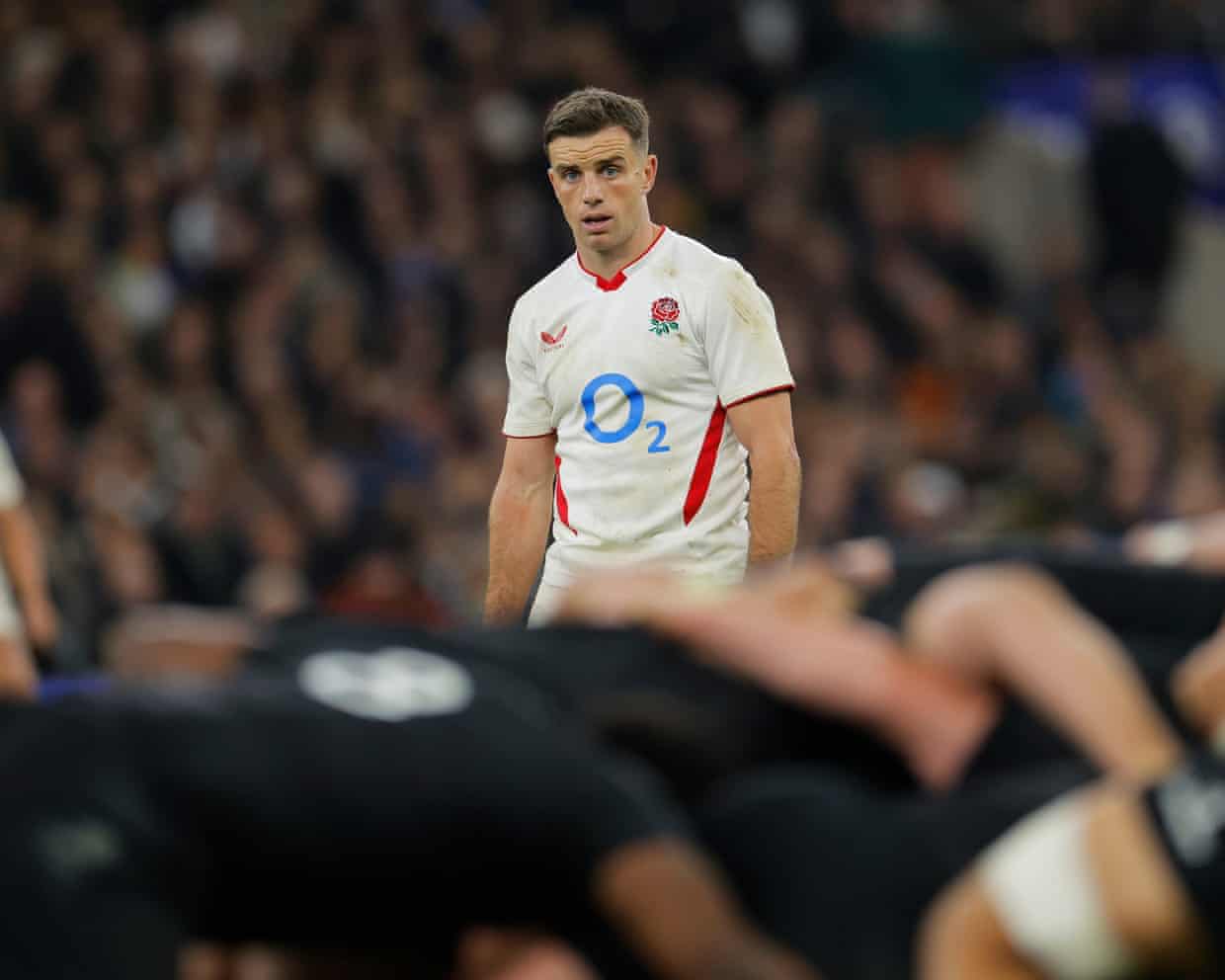
England 33-19 New Zealand: Autumn Nations Series player ratings
Freddie StewardSupreme up and under early on, his aerial work was clearly causing New Zealand problems before head injury ended his involvement after 22 minutes. 6Tom Roebuck Big tackle on Fainga’anuku forced early turnover and repeatedly demonstrated his talents in the air. Deserved his try for his endeavour. 8Ollie Lawrence Produced a strong finish just when England needed to get on the scoreboard. Big turnover to boot

England 33-19 New Zealand: Autumn Nations Series rugby union – as it happened
I’ll be back later for Ireland vs Australia, thanks for your company for this match.Here is the full match reportAll the chat on TV post match is about how England will wish they were playing South Africa next week, as it’s important to test yourself against the best and so on. This a very dismissive of a capable Argentina team who are certainly playing better than the All Blacks this Autumn.“Can we please give Roebuck his dues for that pick up for the final try?” begs Brendan Large. “I have not heard anyone say a word about it

Fantastic Ford steers battling England past All Blacks in Twickenham thriller
A perfect 10 wins in a row is a reliable indicator of a team on the rise. What England really craved, though, was a statement victory to underline just how far they have come in the past 18 months or so. And on a dull grey November afternoon they finally secured it, beating a disappointed New Zealand for the first time in south-west London for 13 long years.They deserved it, too, storming back from 12-0 down to claim the kind of result that rewards all the painstaking hard work of both the players and the management. There were four English tries in all, including two in the final half hour from Fraser Dingwall and Tom Roebuck, as Steve Borthwick’s team become only the ninth England side to cut the All Blacks down to size
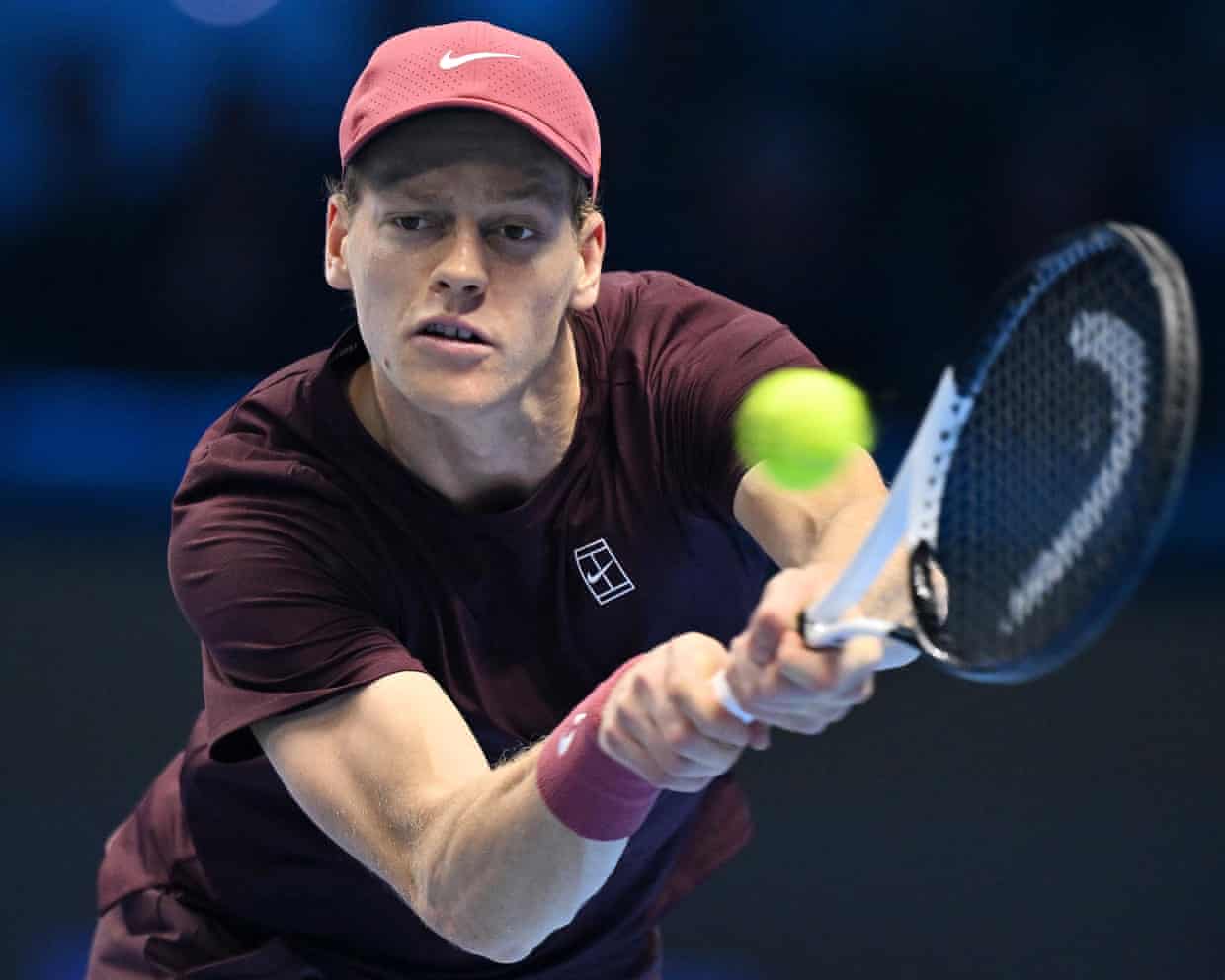
Sinner extends indoor dominance with win over De Minaur to reach ATP World Tour final
Jannik Sinner continued his total dominance of the indoor season as he held off an admirable early challenge from Alex de Minaur before bulldozing his path into the ATP Finals for a third consecutive year with a supreme 7-5, 6-2 victory, extending his winning record against the Australian to 13-0.Sinner continues to perform at an astounding level that has allowed him to rapidly rise the list of all-time great’s. In a season that included a three-month doping ban between February and May, Sinner will attempt to win his sixth ATP title of the year in his 10th final. The 24-year-old has won 30 consecutive indoor hard court matches and 14 matches in a row after his recent triumphs at the Vienna Open and Paris Masters. He has also won 18 consecutive sets at the ATP Finals

Panic Attack’s Gold Cup victory at Cheltenham a boost for Skelton’s title hopes
If Dan Skelton’s time to scale jump racing’s summit has finally arrived, horses like Panic Attack, a nine-year-old mare and the trainer’s first winner of the Paddy Power Gold Cup, will feel as significant as Grade One victories when it comes to the final reckoning.All but three or four of the dozen runners in Saturday’s race, the first big handicap chase of the season, were still in with a chance as they ran down the hill for the final time, but it was Panic Attack, at 6-1, who found the better turn of foot from the last after jumping it half-a-length behind Vicenzo, the favourite.Her four-length success added £91,000 to Skelton’s 2025-26 total, taking him within sight of £1.2m for the campaign, and even if it proves to be Panic Attack’s only contribution to the cause, it should still be enough to make her one of Skelton’s top-10 earners this season.Skelton’s closest pursuer at this stage of the title race is Olly Murphy, who has scarcely half of the leader’s total, and it is highly likely that Skelton will build an even bigger lead over the next three months
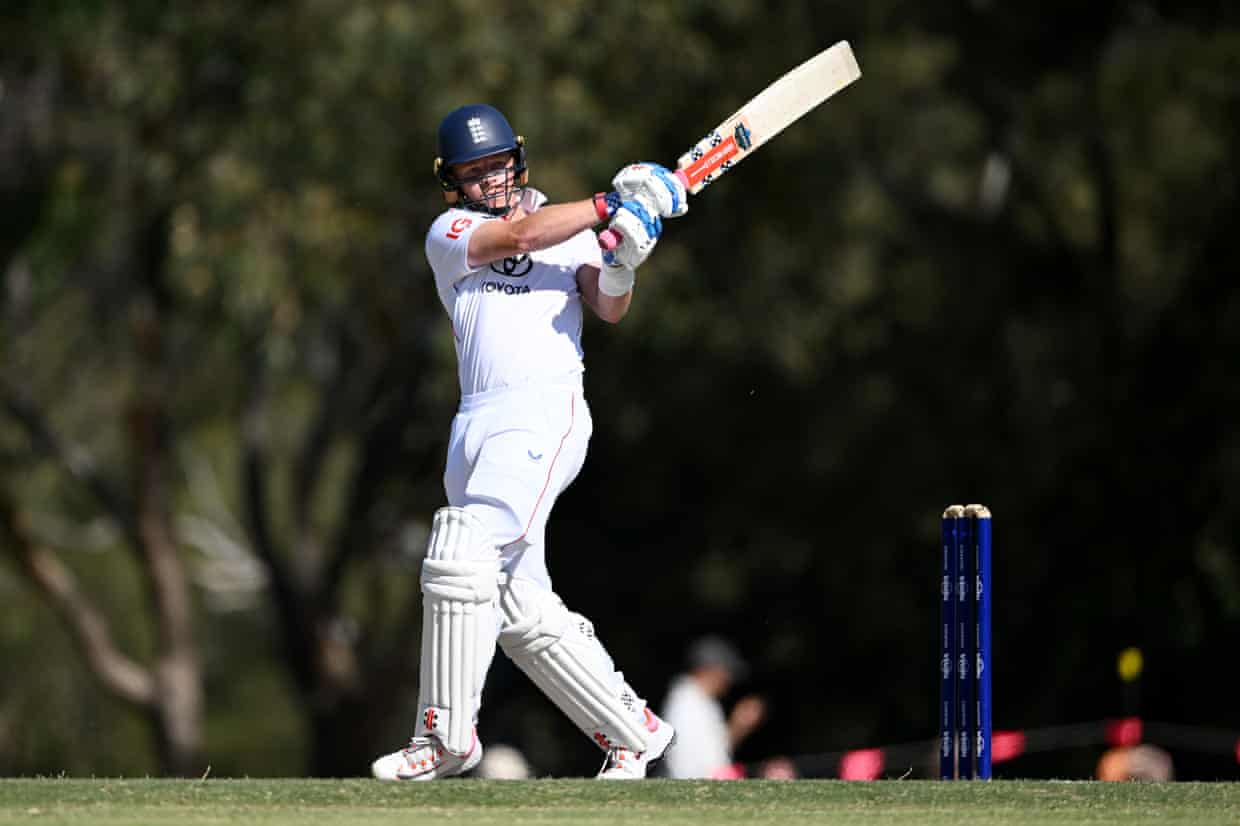
Ollie Pope cements claim to England’s No 3 slot with bold 90 against Lions
It is hard to know how much of England’s warm-up game will be remotely relevant when their Ashes campaign begins 10km away at Perth Stadium on Friday. It is no distance in space or time but light years away in import and atmosphere and if it achieved nothing more than boosting Ollie Pope’s confidence, that alone has made the exercise worthwhile.England’s No 3 – his place in the first XI is now surely certain – followed his first-innings century against the Lions by scoring another 90 in the second. What was impressive was not so much the number of runs but the manner in which they were scored. At times the 27-year-old looked imperious, hitting a dozen fours and a pair of sixes, timing the ball sweetly but with devilish intent

Think autumn, think Piedmont – wine from ‘the foot of the mountain’

‘I’m now a one-issue voter’: US shoppers fear Italian pasta tariff will cause shortage

Jimi Famurewa’s recipe for puff-puff pancakes

Polpa position: budget tinned tomatoes score well in Choice taste test
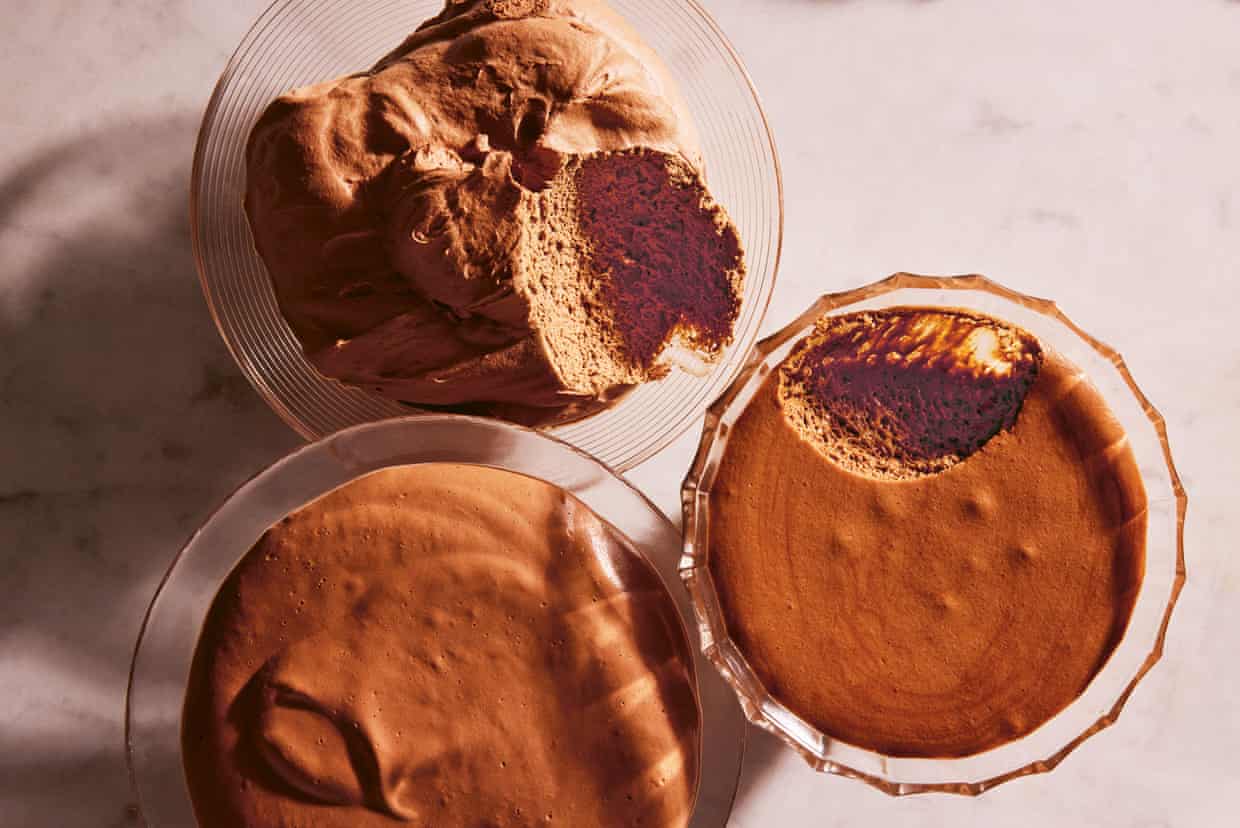
Three plant-based chocolate mousse recipes by Philip Khoury
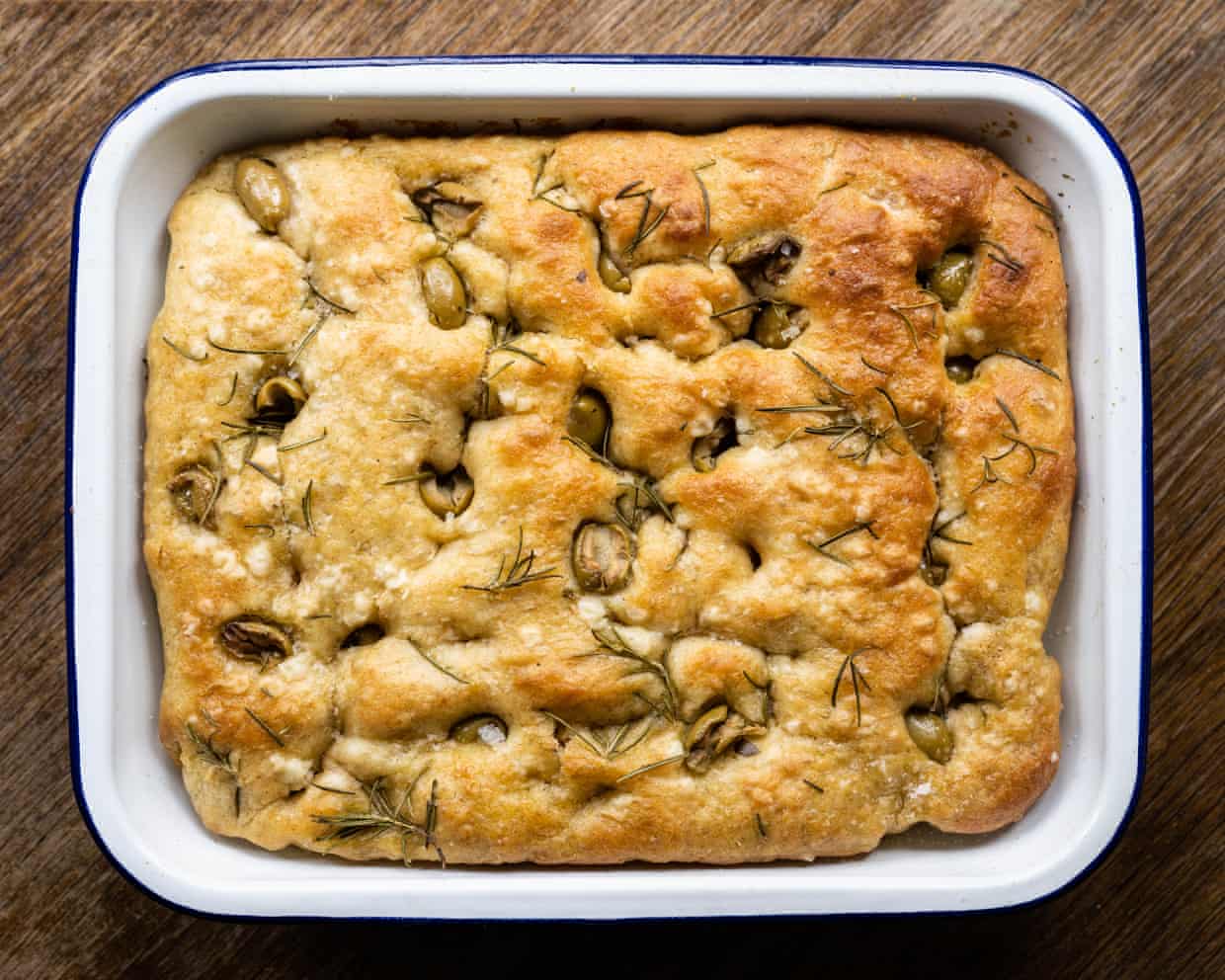
Don’t pour that olive brine down the drain – it’s a flavour bomb | Waste not